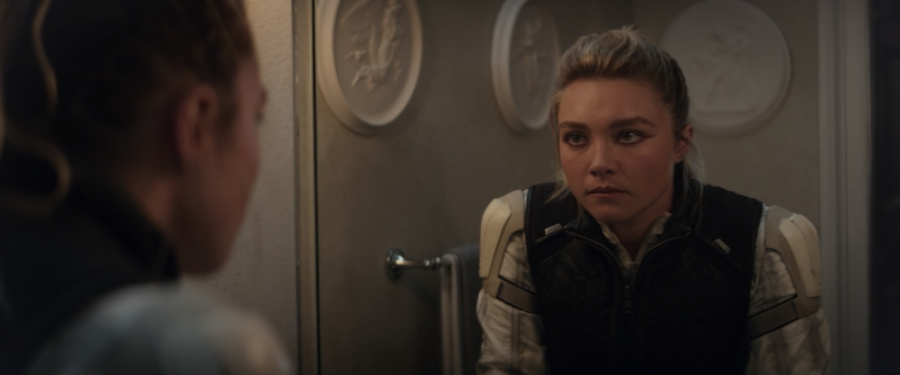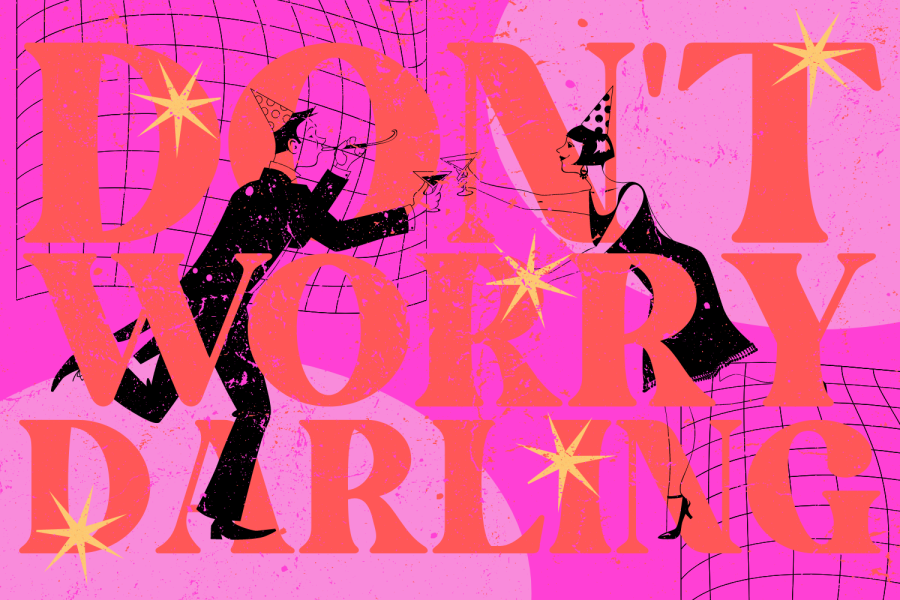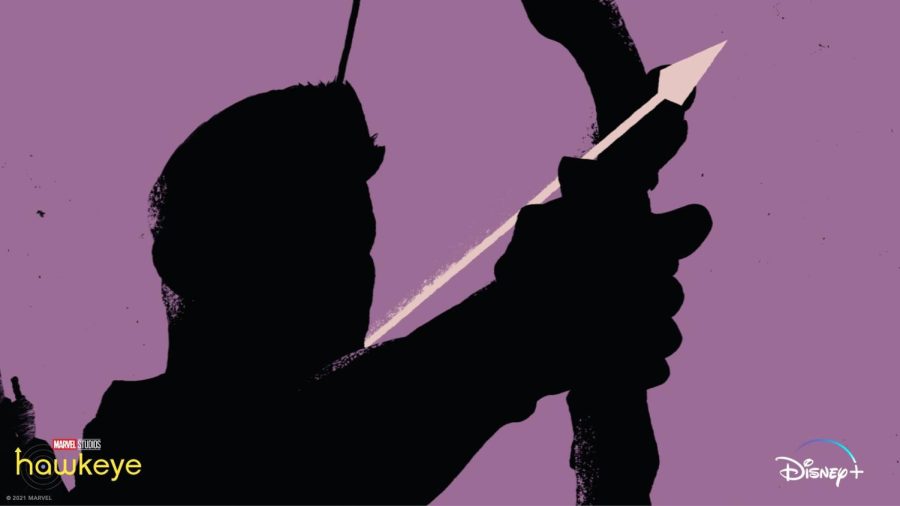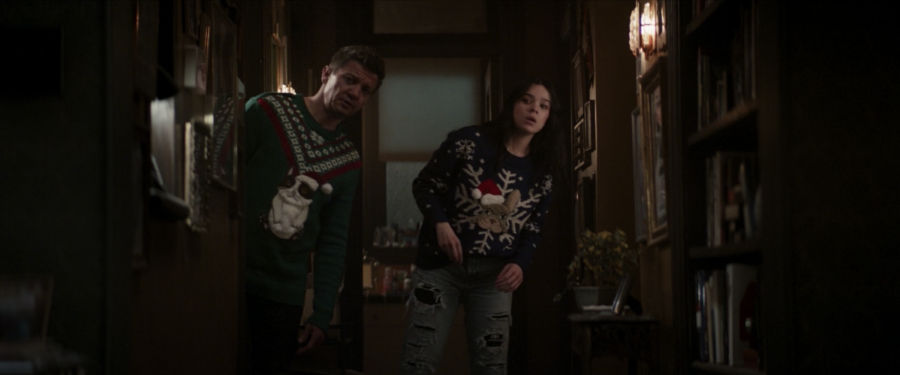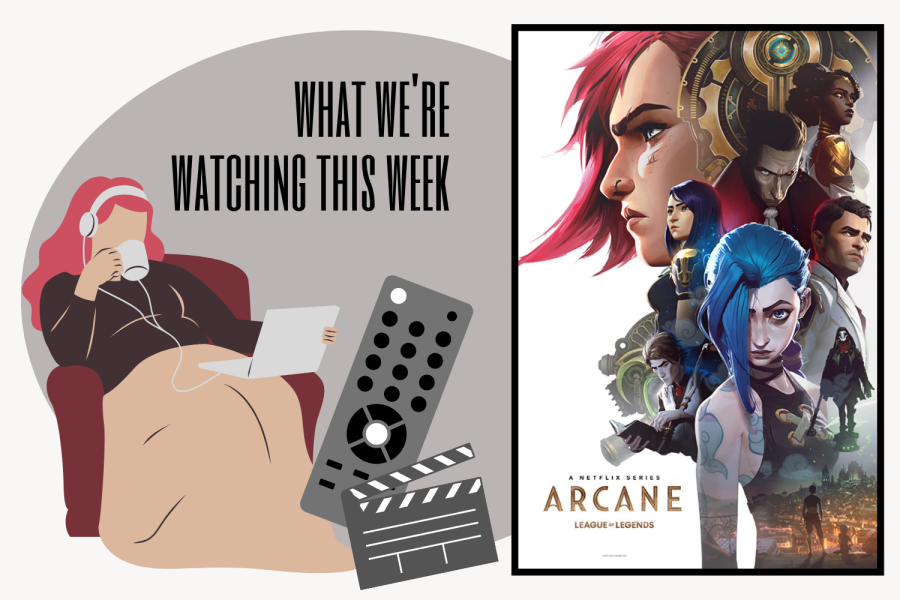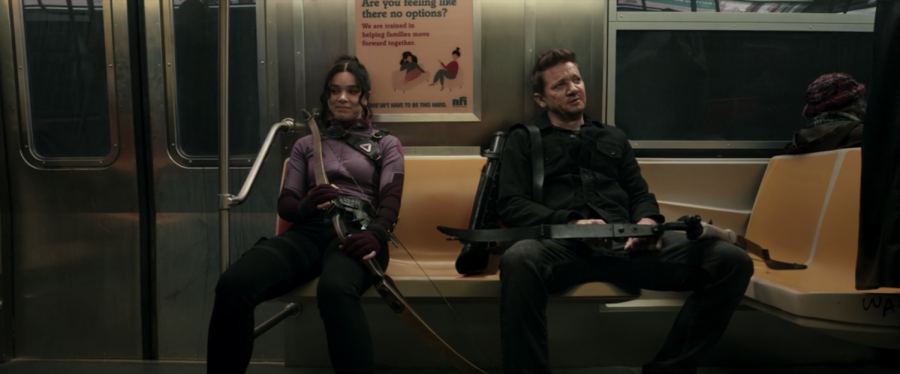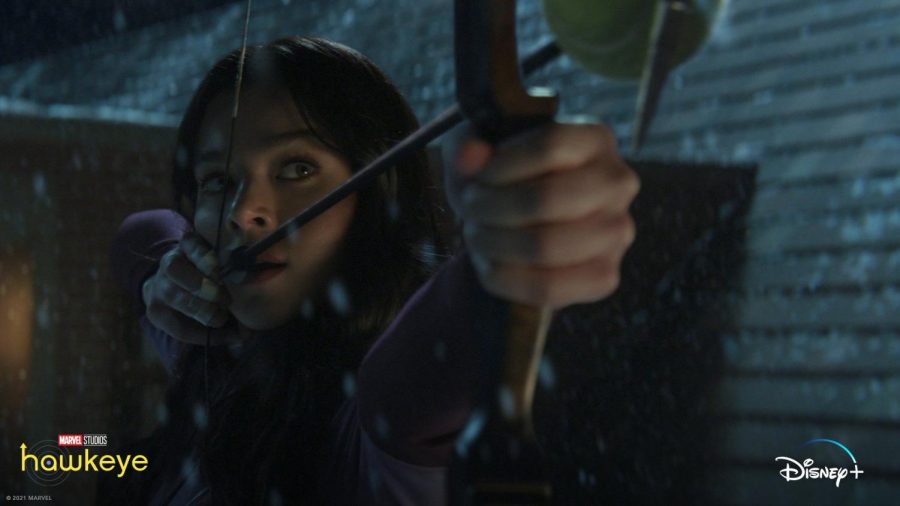The best songs have good bridges: sections between verses or choruses that connect, or bridge, the first section(s) of the song with the ending. Often, a good bridge is followed by a key change or some other stylistic indicator to create stronger emotion—urgency, despair, love—in the refrain or new verse that follows.
“Hawkeye” is not a song; it’s a television series, duh. Yet the only appropriate way to describe episode five is as a bridge, connecting the things that have happened in episodes one through four with those that are about to happen in next week’s finale. I’ll tell you what I mean.
Episode five opens with some Yelena backstory, making her the first MCU character to formally appear in both a film and television show in Phase Four (because we all know Valentina doesn’t count). While this short scene accomplishes its job well and reminds us of the strong connection Yelena and Natasha developed as sisters during “Black Widow,” it feels dangerously like a “previously on…” segment. It’s content we feel like we’ve already seen, or at least that we should’ve already seen, because Yelena’s character motivations were a little leaky without this added context. So, to fill in those gaps: “previously on: the life and times of Yelena Belova” starts the episode off with a snap.
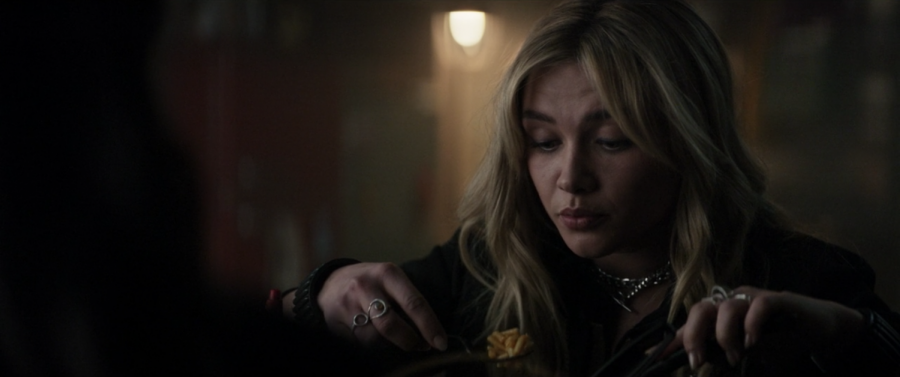
Then, we enter the actual “previously on” portion of the episode, which now feels redundant because of all the new (yet familiar) information Yelena has just given us. Already the exposition weighs us—and the episode—down, which is cheap at best and disorienting at worst. At least we get to see Clint mope again, which Jeremy Renner is great at. How fun for us.
Because our brains have now been hard-wired into a mode that can only receive exposition, that’s basically all the rest of the episode feeds us. It’s previously on “Black Widow,” then previously on “Hawkeye”—and then, a bunch of plot moments that drive the story arbitrarily forward without doing much else. This is why I can’t help but call it a bridge episode, or something like a “presently on” to connect us to the “futurely on”—aka, the finale.
Some of these spoon-fed plot moments are legitimately significant, however. When Yelena confronts Kate in her burned-out apartment, we finally get a concrete sense of what their vibes will be like moving forward in Phase Four. Hailee Steinfeld as Kate used to be the comedic relief, but Kate’s traumatized for the time being, so Yelena’s personality—like a more uninhibited Natasha who gives fewer shits and can fight better (sorry Nat)—fits squarely into that new vacancy. Florence Pugh’s Russian accent as Yelena is a little cartoony, but her signature frowny face means we can forgive her for almost anything—even hot sauce on mac-and-cheese, or the hideous outfit she dons for approximately five seconds of screen time later in the episode.
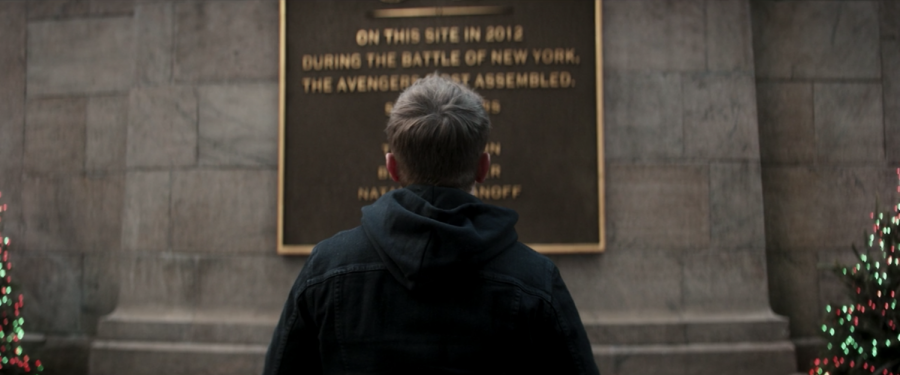
As expected, Jack Duquesne still sucks. Every word out of his mouth is annoying, his mustache is annoying and even his face is annoying, but his shadiness does help Kate and her mother bond—at least temporarily. Clint falls into some clichés as well, monologuing to Natasha about how brave she was as he cries to a plaque commemorating the Battle of New York. The Vormir theme plays again, but this time, I don’t want it. Show me how Clint is gonna honor her memory, not just his repetitive promises to do so.
Somehow, the best scenes are still the phone conversations between Clint and Laura Barton (say it with me this time: we love you, Linda Cardellini). Even though they’re not physically interacting, both characters’ emotions and motivations are just so much more believable when they’re talking to each other like worried, guilty parents. I never really noticed whether Renner and Cardellini had chemistry when Laura made her first appearance in “Age of Ultron,” but her character has quickly and unexpectedly become one of my favorites for the humanity she brings to the story.
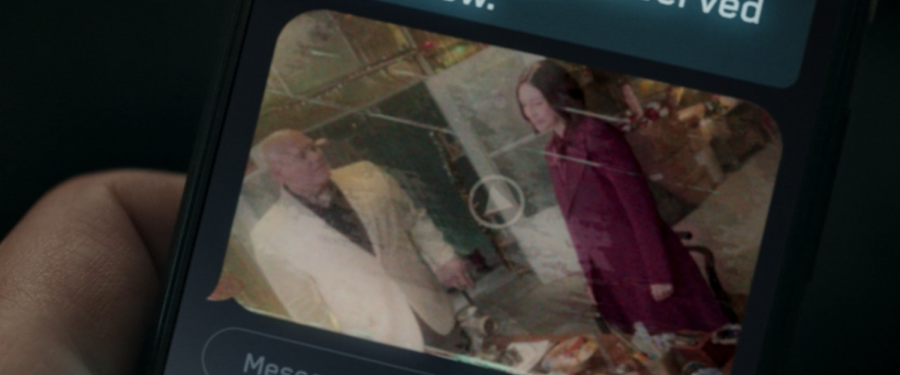
Sadly, however, plenty of other characters get more screen time than her. Yelena, for instance, whose mere existence in the show makes the Tracksuit Mafia plotline feel irrelevant because of how powerless they are compared to her. To compensate for this, the writers drop a long-anticipated villain reveal at the very end of the episode: Kingpin.
One small problem: we have literally no idea who Kingpin is, what he’s doing or what he wants, so we don’t really care about him yet. His reveal simply bridges the gap (get it?) between the confusing moments before we knew he existed and the equally confusing moments after. We have no new information.
Despite the relative emotional emptiness of episode five, the writers have shown in episodes one to four that they know how to write things other than bland expositional scenes. As long as they don’t give us something like the painfully slow “Loki” finale, we can still be excited for the inevitable post-bridge key change that next week will bring. Tune in then for the final episode.
Episode five of “Hawkeye” is now streaming on Disney+.

